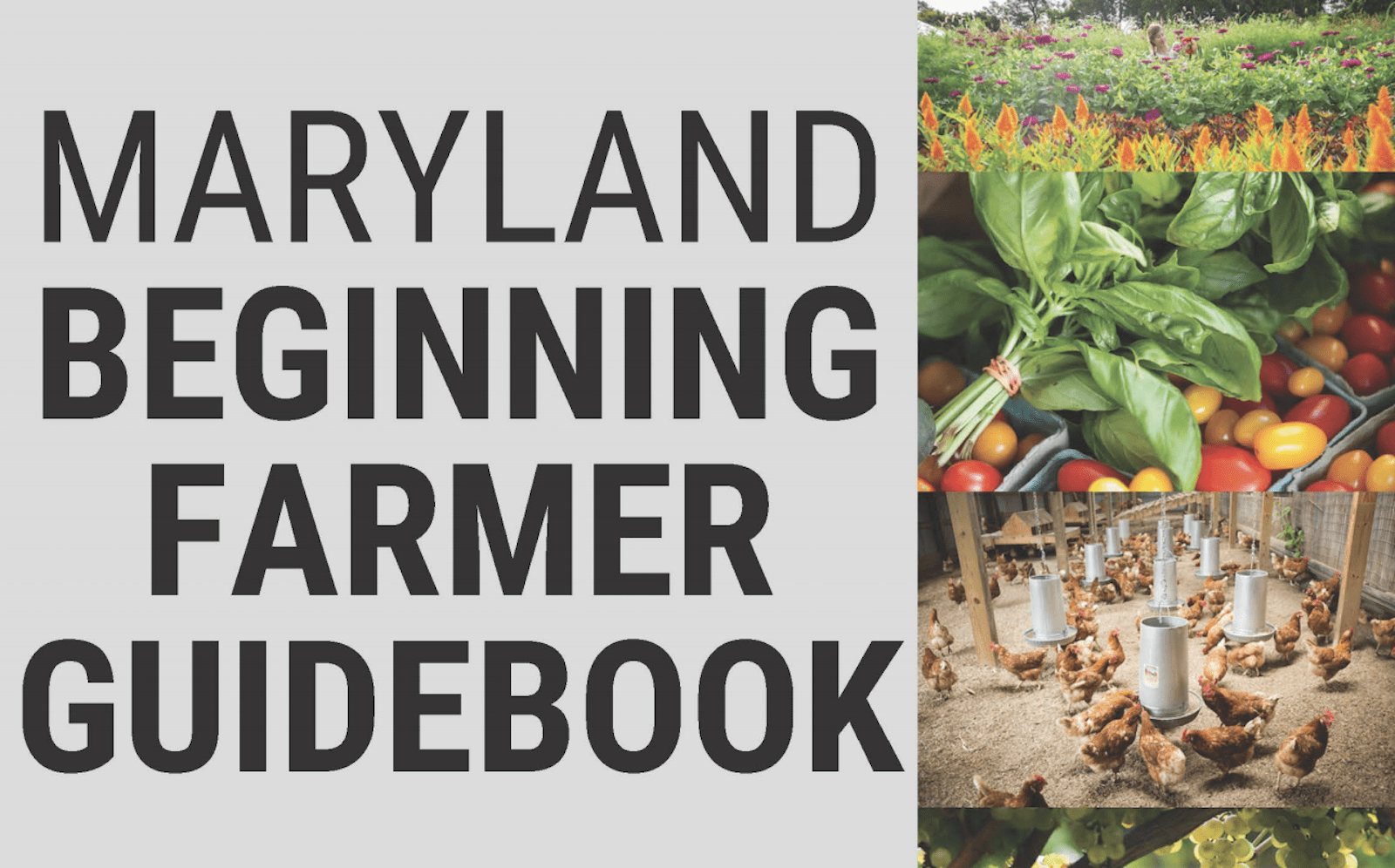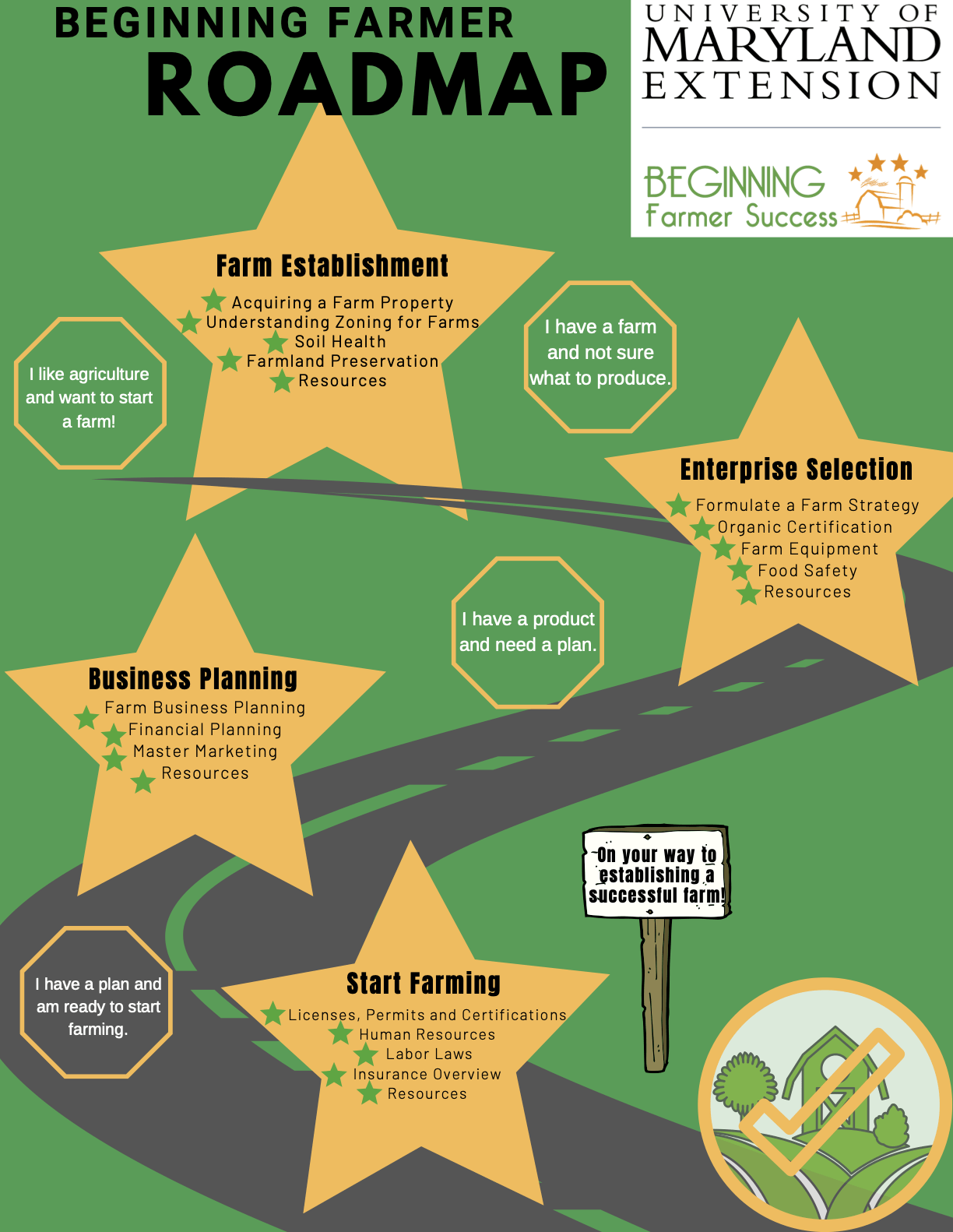Beginning Farmer Guidebook Conclusion
Congratulations on finishing this Guidebook for new and beginning farmers. If you return to our website where you may have found this guide, you’ll see four key words on our homepage’s banner. Those are Explore, Refine, Develop and Implement. This guide was meant to help you navigate the first three of those. Now it’s your turn to implement. We strongly encourage you to start some enterprise no matter how small to feed your desire to become a farmer. Raising a few chickens or growing some veggies in your garden is at least a start while you are honing skills and looking for suitable land.
One of my favorite books to recommend to new farmers is “Letters to a Young Farmer on Food, Farming, and Our Future.” It is a compilation from three dozen esteemed writers, farmers, activists and visionaries that addresses the highs and lows of farming life. Farming requires a wide variety of skills and rarely does anyone enter farming with all the innate skills necessary to be successful. You will need to become an accomplished generalist. These letters urge all new farmers to never stop learning and seeking help from others for the skill sets you don’t have. Keep this Guidebook close in your resource library and refer to it for clarification and links to the people and resources you need. Farming as a profession is constantly evolving. Continuing education and training will be necessary to succeed.
The list of chores and duties required to run a successful farming operation seem overwhelming. I know a farmer who says, “If you get behind a day on the farm, you’ll need three to catch up, if you’re lucky.” Don’t let the myriad of tasks to be done derail your farming efforts. Return to the “Roadmap for Success” presented in this Guidebook and get your farming dream back on track for success.
Farming; some are born to it, some self-select but, for sure it is a business that also becomes a lifestyle. That is why much of this Guidebook is about the business of farming. Neglect the business side of your farming enterprise at your own risk. We hope you found the information in this Guidebook useful on your journey of becoming a farmer but, remember that any journey is not just about the destination but our experiences, connections and colleagues we meet along the way.
- Ginger Myers, Marketing Specialist, University of Maryland Extension

